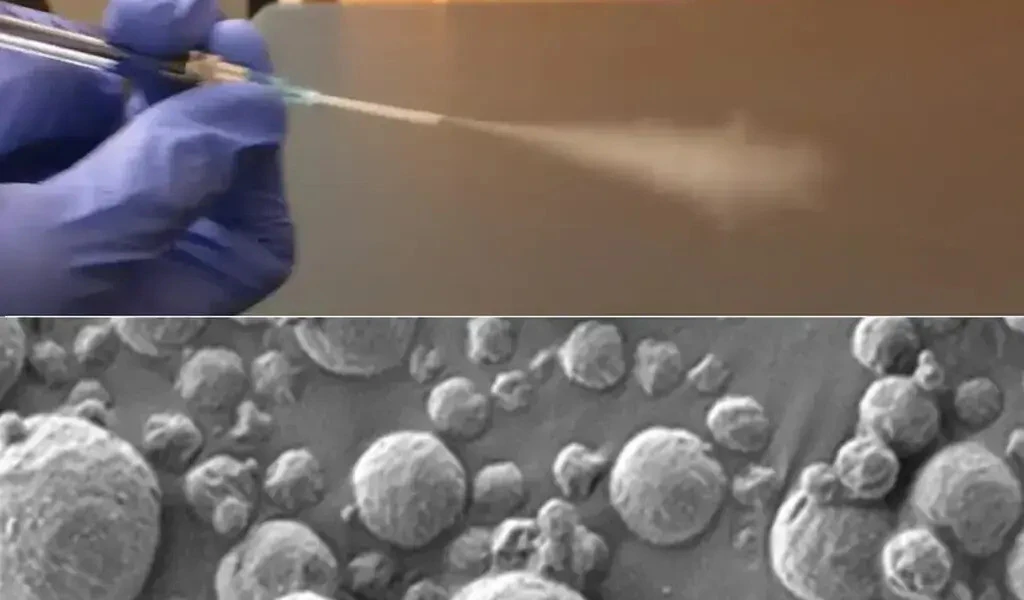(CTN News) – Researchers at the Lung Cancer Massachusetts Institute of Technology (MIT) have made a significant discovery that has the potential to transform the way lung cancer is diagnosed.
By utilizing inhalable nanoparticle sensors, they have developed an innovative technology that could revolutionize the detection of this disease.
This groundbreaking advancement could simplify the process of diagnosing lung cancer to the point where it becomes as effortless as taking a deep breath or undergoing a urine test.
A Revolutionary Method for Diagnosing Lung Cancer
The nanosensors, which are part of this groundbreaking technology, can be taken in through either an inhaler or a nebulizer. Once inside the body, these sensors respond to specific cancer-related proteins found in the lungs. This reaction then produces a signal that can be easily detected in urine by using a simple paper test strip.
This innovative approach has the potential to either replace or enhance the use of low-dose computed tomography (CT) scans, which are currently considered the most reliable method for diagnosing lung cancer. This is especially significant in regions where access to CT equipment is limited.
Unleashing the Power of Proteases
The novel strategy is based on the recognition that specific proteases, which are excessively active in tumors, have the ability to detach DNA barcodes from the sensors. Consequently, these barcodes can be identified in urine without the requirement of sophisticated equipment.
Extensive experimentation on mice has been conducted to evaluate this technology, and the outcomes have been encouraging. As a result, this innovation has the potential to greatly influence the detection of lung cancer in countries with limited financial resources.
Subsequent Actions and Potential Ramifications
The MIT team plans to advance their research by analyzing human biopsy samples and starting clinical trials.
A similar technology is currently in phase 1 trials to diagnose liver cancer and nonalcoholic steatohepatitis (NASH). This development has significant potential, particularly for individuals with a history of smoking and in regions with limited access to CT scanners.
SEE ALSO:






